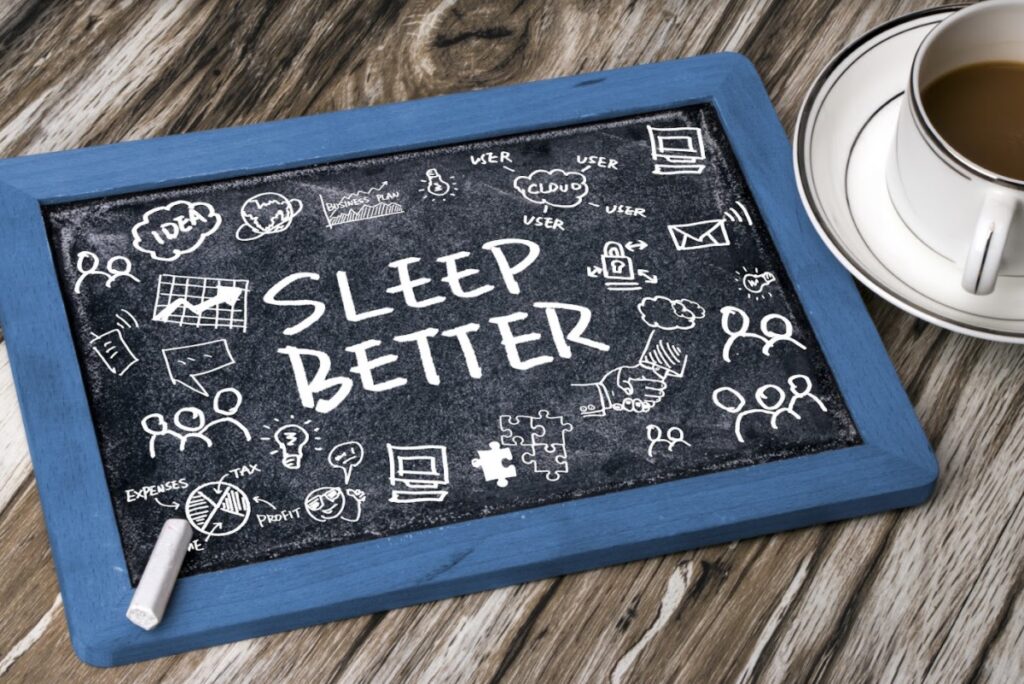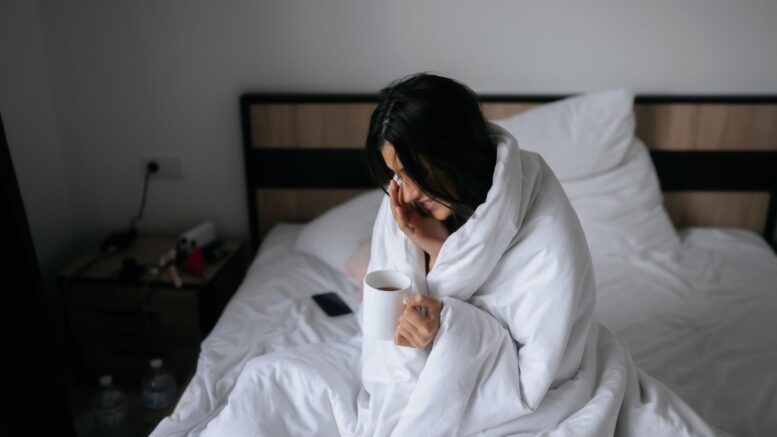In the intricate web of factors affecting addiction recovery, there’s an element that is often underestimated: sleep. The rejuvenating power of a good night’s sleep is not just about feeling refreshed in the morning; it holds a paramount role in the process of overcoming addiction and preventing relapse.
Understanding the Sleep-Addiction Connection
Before delving into the therapeutic implications of sleep in addiction recovery, it’s vital to grasp the complex relationship between sleep and substance abuse.
The Impact of Substance Abuse on Sleep
Many addictive substances, from stimulants like cocaine to depressants like alcohol, profoundly disrupt sleep patterns. While some substances might initially induce sleep, they often reduce the quality of that sleep, leading to increased fatigue and mood disturbances[1].
The Cycle of Sleep Deprivation and Addiction
Lack of restorative sleep can lead to increased stress, anxiety, and depression. This compromised emotional state can, in turn, intensify cravings for substances as individuals seek relief, perpetuating the cycle of addiction.
Sleep’s Role in Healing and Recovery
As individuals begin their recovery journey, restoring a healthy sleep pattern becomes crucial for various reasons.
Cognitive Restoration
Sleep is pivotal for cognitive functions like memory, attention, and decision-making. A rested mind can more effectively engage in therapeutic activities and make healthier choices, both vital in the recovery process.
Emotional Equilibrium
Emotional volatility can be a trigger for relapse. Regular sleep helps in mood regulation, ensuring that individuals are better equipped to handle emotional challenges without turning to substances.
Physical Rejuvenation
Substance abuse often takes a toll on the body. Sleep facilitates healing, allowing the body to repair and regenerate, thus supporting the physical aspect of recovery.
Strategies for Improving Sleep in Recovery
Achieving restorative sleep during recovery requires concerted efforts and might involve various strategies.
Sleep Hygiene
Establishing a regular sleep routine, creating a conducive sleep environment, and avoiding stimulants close to bedtime are fundamental steps in practicing good sleep hygiene.
Cognitive Behavioral Therapy for Insomnia (CBT-I)
CBT-I is an evidence-based approach that addresses the thoughts and behaviors contributing to sleep disturbances. It’s been shown to be particularly effective for those in addiction recovery, aiding in both improving sleep and reducing relapse risks[2].
Medication Considerations
While some individuals might require medications to address sleep issues, it’s essential to consult with a healthcare professional. They can prescribe sleep aids that won’t interfere with recovery or pose a risk for dependency.

Sleep and Relapse Prevention
The benefits of good sleep extend beyond immediate recovery; they play a pivotal role in long-term relapse prevention.
Strengthening the Mind against Cravings
A well-rested mind is more resilient. With adequate sleep, individuals are less likely to experience intense cravings or give in to them.
Enhancing Coping Mechanisms
Recovery often involves learning new coping strategies. Sleep enhances cognitive flexibility, allowing individuals to adapt and employ these strategies effectively in challenging situations.
In Conclusion: Embracing the Power of Sleep in Recovery
While sleep might seem like a simple, everyday activity, its influence on addiction recovery is profound. Recognizing and harnessing the therapeutic potential of sleep can make the difference between merely surviving in recovery and truly thriving.
As the night gives way to dawn, every sunrise offers a symbolic representation of what sleep can provide for those in recovery: a fresh start, renewed hope, and the strength to continue on the journey toward a healthier, substance-free life.
References
- [1] Brower, K. J. (2003). Insomnia, alcoholism, and relapse. *Sleep Medicine Reviews*, 7(6), 523-539. [Link](https://pubmed.ncbi.nlm.nih.gov/15018094/).
- [2] Fairholme, C. P., & Manber, R. (2014). Safety and efficacy of cognitive behavioral therapy for insomnia in adolescents: A pilot study. *Behavioral Sleep Medicine*, 12(3), 235-249. [Link](https://www.tandfonline.com/doi/abs/10.1080/15402002.2013.801346).
